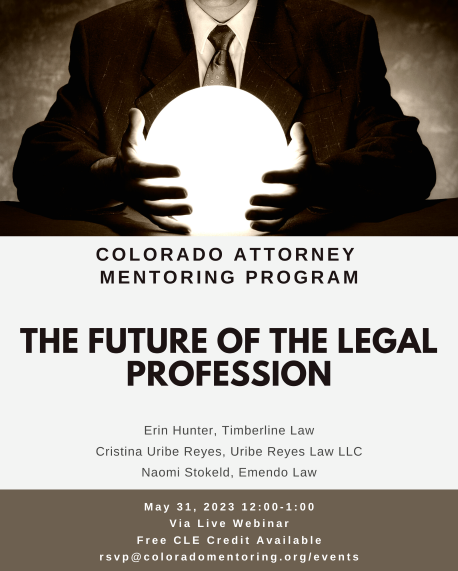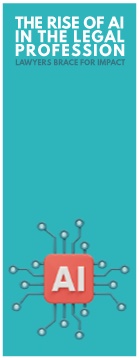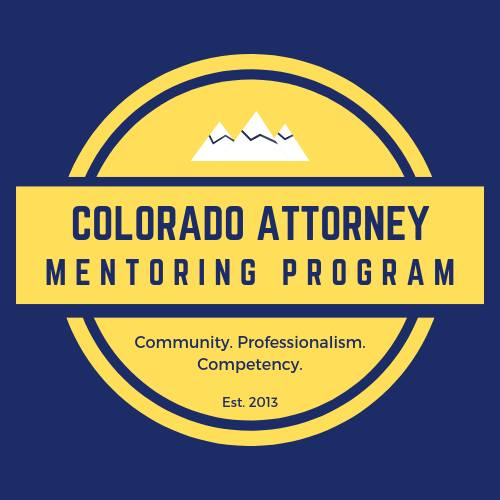
Recent developments in technology have put artificial intelligence (AI), specifically generative AI, at the forefront of conversations in the legal industry. While large language models like the different variations of GPT or DALL-E can increase efficiency in legal practice, they also introduce numerous ethical risks attorneys must consider.
This 60-minute webinar will provide an overview of legal ethics concerns associated with the utilization of AI in the practice of law. We’ll discuss ethical rules — including ABA Model Rules of Professional Conduct Rule 1.1, Rule 1.6, and Rule 5.5 concerning attorney competency, confidentiality and attorney-client privilege/work product, and unauthorized practice of law (UPL) — to provide attorneys with practical takeaways to balance the benefits of utilizing AI with ethical risks and other considerations.
Learning Objectives:
-
Gain insight on emerging ethical issues that must be considered when implementing generative AI into legal practice workflows.
-
Understand the potential benefits and ethical risks associated with using generative AI in legal practice.
-
Explore the potential impact of generative AI on legal ethics and the legal industry at large.
Who would benefit from attending this program?-
General Counsel, Compliance Officers, Law Firm Partners, or Legal Operations Professionals who are considering adding generative AI to their organization’s tech-stack or creating policy around organizational use of such technology.
-
In-house and law firm attorneys who are considering using generative AI in their legal practice.
- Law firm and in-house attorneys who advise clients on legal ethics risks and issues.
Title:
Generative AI & Legal Ethics: The Intersection of Efficiency and Ethical Discord
Webinar Date/Time:
May 23, 2023, 1:00 PM EDT
1:00 PM EDT •12:00 PM CDT •11:00 AM MDT •10:00 AM PDT
Register Now for this Free Continuing Legal Education Webinar!
Cost:
Free
Credit:
1.0 GENERAL COA, 1.0 CLE ETHICS Alabama, Alaska, Arizona, Arkansas, British Columbia, California, Colorado, Connecticut, Delaware, DC, Florida, Georgia, Hawaii, Idaho, Illinois, Indiana, Iowa, Kansas, Kentucky, Louisiana, Maine, Maryland, Massachusetts, Michigan, Minnesota, Mississippi, Missouri, Montana, Nebraska, Nevada, New Hampshire, New Jersey, New Mexico, New York, North Carolina, North Dakota, Ohio, Oklahoma, Ontario, Oregon, Pennsylvania, Quebec, Rhode Island, South Carolina, South Dakota, Tennessee, Texas, Utah, Vermont, Virginia, Washington, West Virginia, Wisconsin, Wyoming.
The sponsor's announcement says this earns 1 CLE credit, but does not list jurisdiction. It is possible you may have to self-apply
Speakers:- Jan L. Jacobowitz is a legal ethics, social media, and technology expert who is the founder and owner of Legal Ethics Advisor, where she provides legal ethics consulting, expert testimony, opinion letters, and CLE training to law firms and legal organizations. She is a Past President of the Association of Professional Responsibility Lawyers and the co-chair of its Future of Lawyering Committee. For over a decade, Jan was the Director of the Professional Responsibility & Ethics Program (PREP) at the University of Miami's School of Law. Jan is also the co-author of the book Legal Ethics and Social Media: A Practitioner’s Handbook, the second edition of which was published by the ABA in October 2022. Prior to devoting herself to legal ethics consulting and legal education, Jan practiced law for over twenty years, spending time in a variety of civil practices.
- Amanda C. Jones is a member of the General Counsel’s Office at Yale, focusing on institutional compliance with applicable legal and regulatory standards. Prior to her appointment at Yale, Amanda was in-house counsel to several global law firms advising on legal ethics, professional responsibility, legal malpractice claims, and other risk and compliance matters. She has served on the ABA Standing Committees for Ethics and Professional Responsibility and Professional Regulation, and currently is a member of the ABA Standing Committee on Lawyers’ Professional Liability and the Editorial Board of the ABA/Bloomberg Law Lawyers’ Manual on Professional Conduct.
- Eran Kahana is an AI, cybersecurity, and intellectual property lawyer at Maslon, LLP; a Fellow at Stanford Law School; as well as a member of the Advisory Board of Stanford Law School’s Stanford Artificial Intelligence & Law Society. In practice, Eran counsels on a variety of legal matters related to cybersecurity, artificial intelligence, privacy, technology law, and intellectual property issues—working closely with various sectors of the United States Government to set, promote, and sustain cybersecurity best practices. Eran has been with Stanford Law for over fourteen years writing, researching, and lecturing on the intersect between law and artificial intelligence.
- Stephanie Pacheco is a Legal Analyst on the Data, Legal Analytics & Business team focusing primarily on legal technology, law school innovation, and legal ethics. In her previous roles, she spent time working on federal civil and criminal litigation as well as access to justice initiatives. Stephanie earned her dual B.A. from the University of South Carolina in Criminal Justice and Philosophy and her J.D. from Charleston School of Law.
By:
Bloomberg Law













